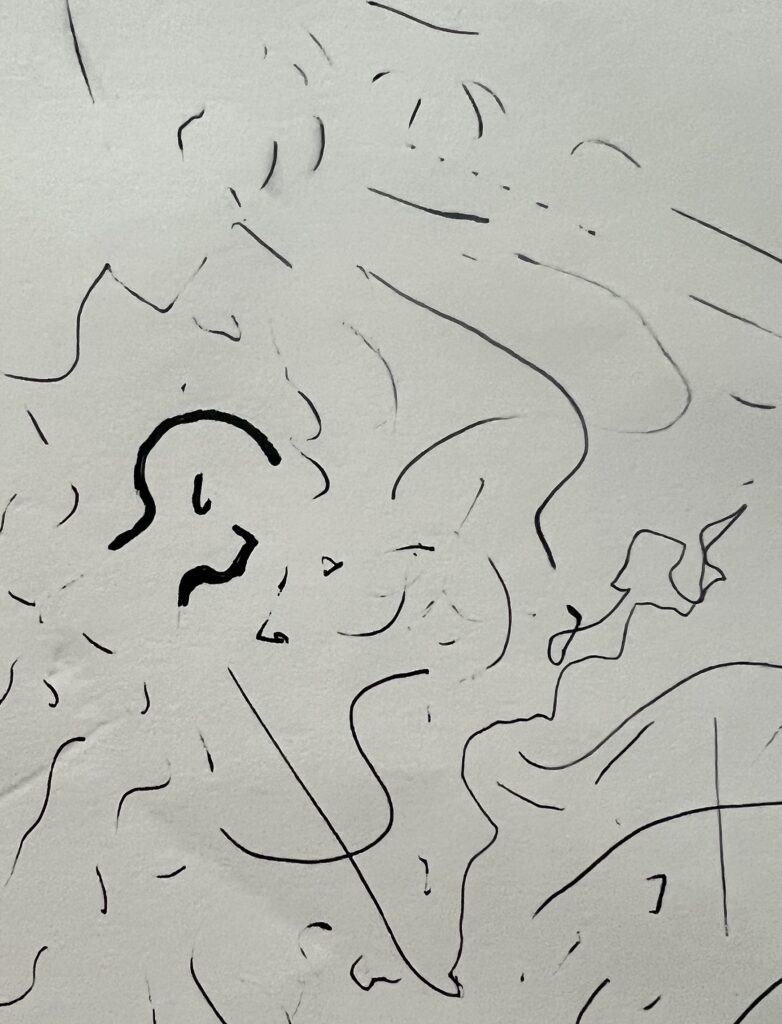Art, Poetry, and Humor Galleries
View the artwork, poetry, and humor galleries and submit your work. Or visit the Arts Corner.
Floodgates by Miles Harrop
View the artwork, poetry, and humor galleries and submit your work. Or visit the Arts Corner.
Floodgates by Miles Harrop
Please join us on Thursday, June 26, at 9am PDT, 12pm EDT, 5pm BST, 7pm CEST for a special webinar on Recovery Oriented Cognitive Therapy for Psychosis: Living Well w/ Psychosis with Dr. Aaron P. Brinen, hosted by Ron Unger.